.jpg)
Petrol prices are all over the place at the moment. One minute they're at record lows, the next they're creeping back up to the same old prices that we've been accustomed to accept. It makes the idea of switching to electric power an interesting one - though how much would you be paying for each charge in comparison?
Of course it all depends on the efficiency of the electric car and its conventionally powered equivalent or rival.
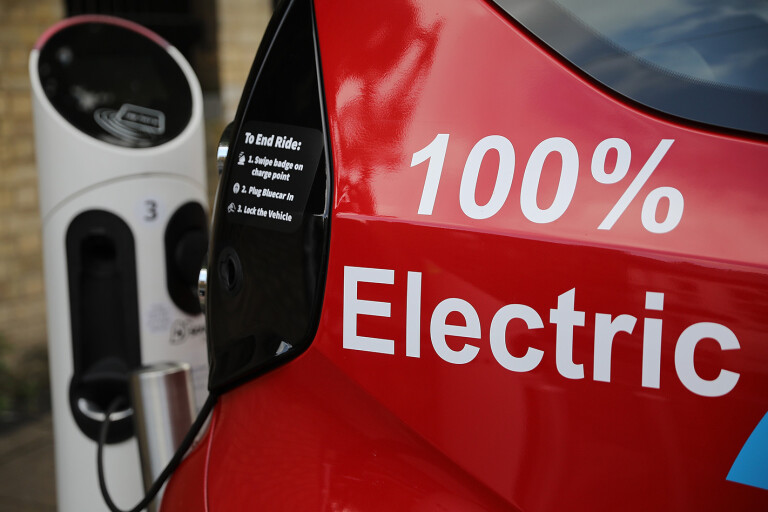
Petrol and diesel-powered cars are rated by how many litres of fuel they use per 100km (litres/100km). With electric vehicles it’s how many kilowatt hours (kWh) used per 100km. The lower the kWh/100km value, the less you’ll need to spend on household power to travel a given distance. With power also being priced per kWh, figuring out how much an electric car’s energy will cost is as simple as checking your electricity rate.
For example, the Nissan Leaf consumes 10kWh/100km. If you’re paying 0.28c per kWh (an average price during peak periods within Victoria) it will cost you $2.80 (10kW x 0.28) to charge it enough to travel 100km. The Leaf has a claimed 400km range, which means a full charge will cost you $11.20 ($2.80 x 4).
The Jaguar I-Pace on the other hand is rated at 19kWh/100km, which means it costs $5.32 for a 100km trip and $25.53 for a full charge to travel its claimed 480km range.
Here’s a list of several EVs that are on the Australian market alongside similarly performing vehicles and how their energy costs compare based on manufacturer kWh/100km and litre/100km ratings. To keep things simple we based it on an assumed annual driving distance of 20,000km with electricity priced 0.28c per kWh, and fuel costing $1.60 for RON91 unleaded or $1.70 for RON95 premium unleaded (where specified).
These electricity numbers are based on current prices in Victoria, and will naturally vary depending on the energy market in your state. For example, electricity costs in South Australia are higher than the national average, while fuel costs are significantly lower than average.
Renault Zoe v Renault Clio 1.2L turbo petrol
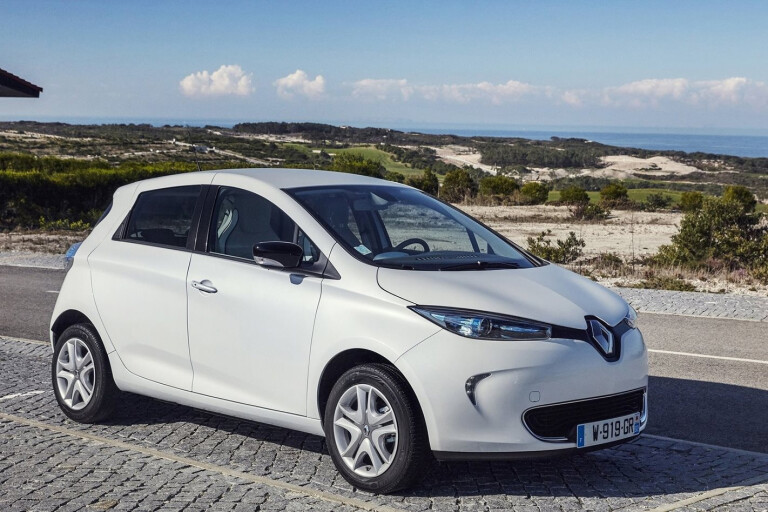
Renault Clio 1.2L annual/weekly RON95 - $1836/$35
Renault Zoe annual/weekly charging - $728/$14
Electric annual/weekly advantage: $1128/$21
2018 Nissan Leaf v Toyota Corolla 2.0L petrol

Toyota Corolla 2.0L annual/weekly RON91 – $2016/$38.80
Nissan Leaf annual/weekly charging - $560/$10.75
Electric annual/weekly advantage: $1456/$28.05
Hyundai Kona Electric v Hyundai Kona 1.6L turbo petrol
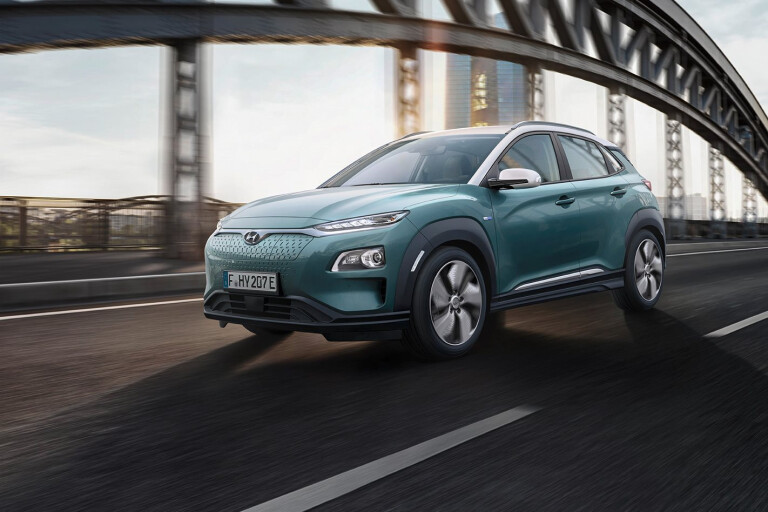
Kona 1.6L annual/weekly 91RON - $2144/$41.20
Kona Electric annual/weekly charging - $728/$14
Electric annual/weekly advantage: $1416/$27.20
Jaguar I-Pace v Jaguar E-Pace P300 2.0L turbo petrol
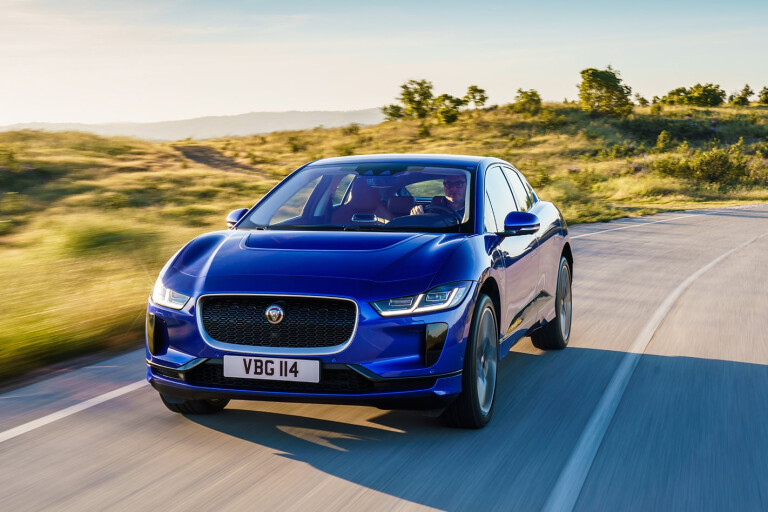
E-Pace P300 annual/weekly 95RON - $2176/$41.85
I-Pace annual/weekly charging - $1064/$20.45
Electric annual/weekly advantage: $1112/$21.40
Tesla Model S 75D v BMW 540i 3.0L turbo petrol
.jpg)
BMW 540i annual/weekly 95RON - $2278/$43.80
Tesla Model S 75 annual/weekly charging - $1064/$20.45
Electric annual/weekly advantage: $1214/$23.35
So the running cost savings can be sizable if you switch to an electric car, so the decision should be a no-brainer for most, right?
Not quite. There are many other variables to consider, however, and we’ve done even more number-crunching to drill down into just how budget-friendly an electric shift would – or wouldn’t – be. For more details about the overall costs of EVs compared to conventionally-powered vehicles, be sure to read IS IT TIME TO GO ELECTRIC?

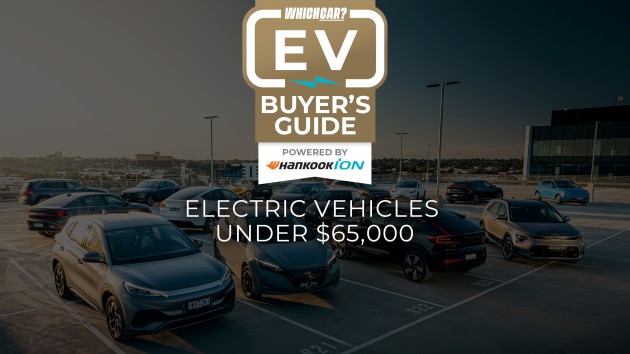
COMMENTS